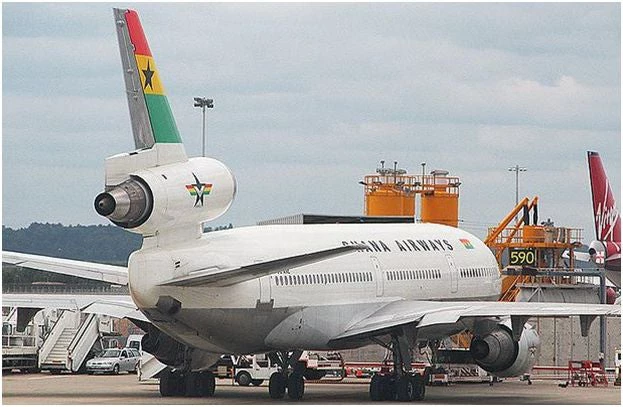As a boy growing up in Africa, I always assumed that every country had its own airline. To me, a national airline was just another way a country defined itself, along with its flag, national anthem, and currency. Ghana Airways, which my family often flew (we lived in Kumasi), was a perfect example, with the red, gold and green colors of its national flag painted on every plane. They looked proud and elegant, a perfect symbol of statehood.
Today, Ghana Airways doesn’t exist. It was plagued with safety and reliability issues, and finally shut down in 2005 after the government refused to rescue it from staggering debts. I felt a twinge of sadness when I read the news. Ghana without Ghana Airways? It just didn’t seem right.
At the time, I didn’t realize that national airlines often have spotty track records. But it’s a common problem found all over the world. An article in Handshake, IFC’s quarterly journal on PPPs, points out that overregulation, overstaffing, excessive debt, political interference and poor management are all too common. The authors, James Morley and Brian Samuel, describe the record of state-owned airlines as “abysmal” and flatly state that “governments have no business being in this business.”
But many countries still think they need a national airline. Zambia’s President Sata said as recently as last month that Zambia urgently needs a national airline. I understand the appeal, but the lessons from global experience are hard to refute.
So what’s the answer? Privatizing national airlines sounds like a logical step, but many privatizations end in failure, giving governments reason to hesitate. But there are also successes, for example Kenya Airways, which was privatized over 20 years ago, and Samoa’s Polynesian Blue. Both airlines have been profitable for years and contributed to growth in their respective tourism sectors.
What are some of the key success factors in a successful airline privatization? Handshake stresses that a major precondition is having a strong champion in government and a genuine wish for reform. It helps to get the tourist industry on board—more competition means lower prices and more tourists. Finding the right private sector partner is also critical—in addition to investment funds, you need a seasoned player with access to global networks and a low cost base. Getting the right partner on board will involve complex negotiations.
A good transaction advisor can guide governments through tricky privatization and reform processes and rescue poorly-performing national airlines. A shame, then, that Ghana Airways didn’t have one.
For more information, read Air & Sea PPPs in the latest issue of Handshake.


Join the Conversation